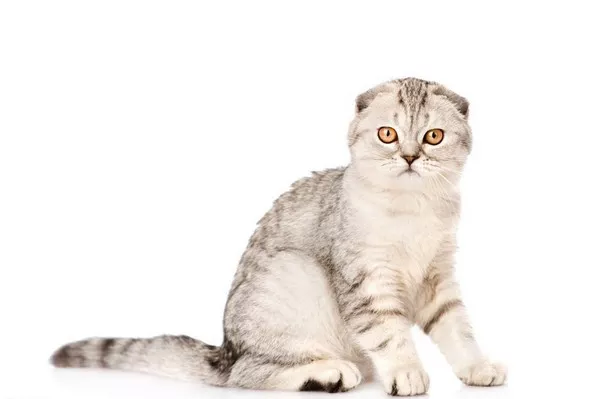Introduction to Cornish Rex
The Cornish Rex cat is a unique and captivating breed renowned for its distinctive appearance, playful nature, and affectionate personality. Originating in the 1950s in Cornwall, England, these feline companions owe their existence to a spontaneous genetic mutation that resulted in their characteristic curly coat. Often likened to the “greyhound of the cat world” due to their slender legs and sleek physique, Cornish Rex cats have garnered a devoted following worldwide.
Physical Characteristics
Cornish Rex cats are instantly recognizable by their striking appearance. Their most prominent feature is their curly coat, which is soft, fine, and lacks the typical guard hairs found in most cat breeds. This distinctive coat is a result of a genetic mutation affecting the structure of their hair follicles, causing them to be curly rather than straight.
In addition to their curly coat, Cornish Rex cats have slender legs, long tails, and large ears that contribute to their elegant and agile appearance. Their bodies are lithe and muscular, giving them a graceful and athletic demeanor. This combination of features has earned them the nickname “the greyhound of the cat world,” highlighting their similarity to the sleek and agile racing dogs.
Temperament and Personality
Beyond their striking appearance, Cornish Rex cats are beloved for their sociable, playful, and affectionate nature. They thrive on human companionship and are known for their outgoing and people-oriented personalities. These cats enjoy interactive play and are often described as being perpetually kitten-like in their behavior, even into adulthood.
Cornish Rex cats are highly adaptable and can thrive in a variety of environments, making them well-suited for both apartment living and larger homes. They form strong bonds with their human caregivers and enjoy being involved in household activities. Their affectionate nature makes them excellent companions for individuals and families alike, and they often get along well with other pets.
Health and Lifespan
While Cornish Rex cats are generally healthy, they are known to be sensitive to temperature extremes due to their lack of an insulating undercoat. As such, they are best suited for indoor living in warm climates to ensure their comfort and well-being. Providing them with a cozy environment and ample opportunities for play and exercise is essential for their happiness and longevity.
See Also:What Are the Cons of Having a Cornish Rex?
With proper care and attention, Cornish Rex cats can live long and fulfilling lives, with many reaching ages of up to 20 years or more. Regular veterinary check-ups, a balanced diet, and a stimulating environment are key factors in ensuring their health and well-being.
Genetics and Mutation
The defining characteristic of the Cornish Rex breed is its unique coat, which is the result of a spontaneous genetic mutation. This mutation affects the structure of the hair follicles, causing them to be curved rather than straight. As a result, the hair shafts are less rigid and prone to breaking, giving the coat its distinctive curly texture.
Research has identified the lysophosphatidic acid receptor 6 (LPAR6) gene as playing a crucial role in the development of the Cornish Rex coat. Mutations in this gene alter the shape of the hair follicles, leading to the curly coat pattern seen in these cats. Understanding the genetic basis of this trait has facilitated breeding programs aimed at preserving and promoting the Cornish Rex breed.
Historical Background
The story of the Cornish Rex breed traces back to a single cat named Kallibunker, who was born in Cornwall, England, in the early 1950s. Kallibunker’s unusual appearance caught the attention of a local cat breeder, who recognized the potential significance of his curly coat. Intrigued by this unique trait, the breeder began a carefully controlled breeding program to perpetuate the curly coat gene.
Through selective breeding, Kallibunker was crossed with various other breeds, including Siamese and British Shorthairs, to establish and refine the characteristics of the Cornish Rex breed. Over time, these efforts led to the development of a distinct breed with its own unique traits and characteristics.
Today, Cornish Rex cats are cherished companions and beloved pets in households around the world. Their striking appearance, playful personality, and affectionate nature continue to captivate cat lovers everywhere, ensuring their enduring popularity for generations to come.
Related Topics:























